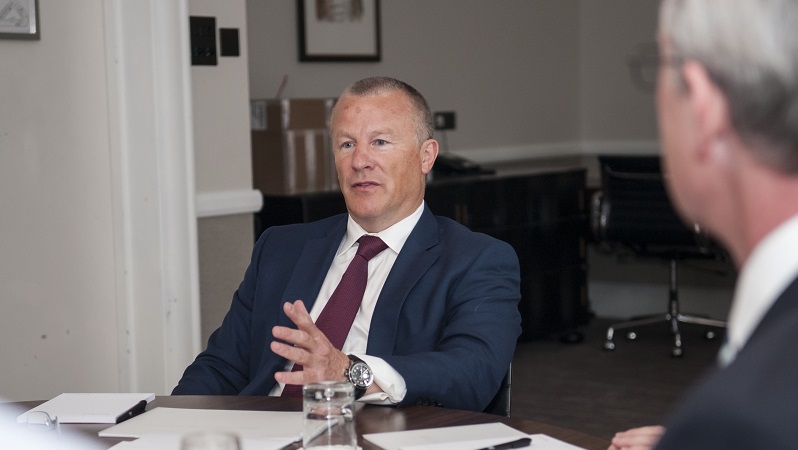The costs of winding up the Woodford Equity Income Fund are set to hit £10m, Link Fund Solutions has revealed in a letter to investors sent on Wednesday afternoon.
The authorised corporate director said costs accrued since the wind-up was announced on 15 October were £5m while a further provision of £5.3m was set out for costs during the wind-up period, which officially began on 18 January. The letter was a more detailed follow-up to information sent to investors a day earlier, which stated the payments that would be received for each share class in the first distribution from the fund.
Costs incurred to date included transaction fees, brokerage costs and legal fees, while audit fees will be added to charges in the wind-up period. Additionally, due to pre-existing commitments, the fund will have to fork out a further £22.5m to finance companies in the portfolio. Link predicted the cost of winding up the liquid portfolio, known as portfolio A and being handled by Blackrock, would be equivalent to 0.2% of the fund’s value at its final valuation on 17 January.
With those costs in mind, Link revealed the first distribution totalled £2.2bn, equivalent to 75.55% based on the fund value at 24 January.
Further capital distributions would be made “as and when suitable amounts of cash have been raised from the sale of the remaining assets of the fund”, the letter said.
But the letter, from managing director Karl Midl, warned: “Investors should be aware that the assets that remain to be sold are the less liquid assets of the fund and disposing of these assets may take longer than was the case for the sales to date.”
Very little progress within the illiquid portfolio
AJ Bell head of active portfolios Ryan Hughes said two bits of information about stuck out to him in the letter.
“Park Hill have clearly made very, very little progress in selling down the illiquids. There’s an indication they’ve sold a tiny bit but not much more.”
In a section of the letter focused on costs, Link said brokerage costs had been incurred for the sale of assets in “portfolio B”, which consists of the illiquid holdings being sold off by Park Hill.
Hughes added that the letter stated pricing would move from being calculated daily to weekly.
“What that probably means is that the price will be fairly static and then as and when either the illiquids get sold or revalued, that price is likely to move in chunks, as we saw on the 17th of January when they revalued the illiquids downwards.”
In the letter, Link said “adverse” performance in the fund since suspension and then wind-down was “largely attributable to the revaluation and disposal of certain unquoted assets in Portfolio B”. Since suspension, the fund has fallen 19.7% in value compared to a 9.7% rise in the FTSE All Share. It has fallen 4.5% since the wind-down was announced in October compared to 6.5% gains in the benchmark.











